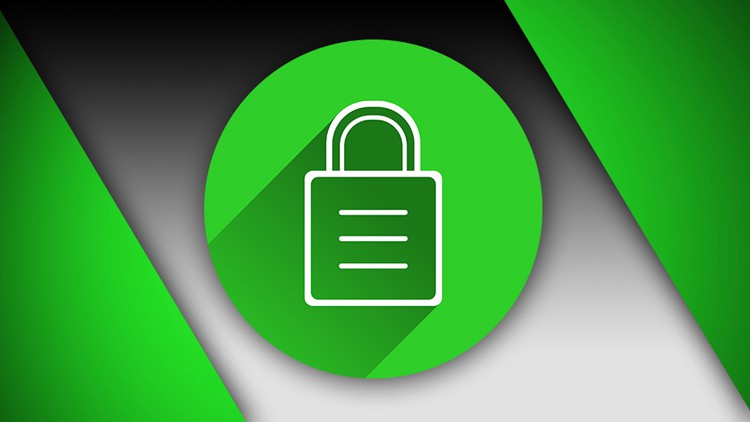
Learn to Secure website traffic using HTTPS by installing a FREE Let’s Encrypt SSL Certificate!
☑ Distinguish between different types of SSL Certificates
☑ Create and Configure a basic droplet on Digital Ocean
☑ Install a Free Let’s Encrypt SSL Certificate
☑ Fix the Google “Not Secure” Warning on any website that contains input forms.
☑ Install LAMP Stack on Ubuntu 16.04 LTS
☑ Configure Name Servers
☑ Configure DNS Settings on Digital Ocean
☑ Check the status of a SSL Certificate
☑ Automatically renew a SSL Certificate periodically using cron tab, and setting up cron jobs.
In the modern internet age, delivering web content over a secure protocol has become essential.
Since January 2017, Google attaches a warning label to any website that does not secure sensitive web page content by delivering it using HTTPS. This includes web pages that contain forms asking for usernames, passwords, credit cards and other sensitive information.
In the near future Google plans to roll out a requirement for all web pages to be secured. Warning labels will become progressively more aggressive, and eventually highlighted in red, bold colors on the address bar.
It is easy to see the consequences of not complying with this new requirement. You invest time, money and energy to drive traffic to your website. Your users expect a secure browsing experience and will likely be deterred from using your page when they see such warning labels attached.
There is a common misconception that securing a webpage over HTTPS requires expert server knowledge and is a costly and cumbersome process.
The purpose of this course is designed to teach you everything you need to know about HTTPS and SSL certificates. We start with the basics. Exploring the theory and definitions that will be useful in developing your understanding.
From there, we dive into configuring a server on Digital Ocean and installing a free SSL certificate known as Let’s Encrypt. We also explore setting up Cron Jobs on an Ubuntu server, to automatically renew your certificate periodically.
After completing this course, you will easily be able to secure any web page using HTTPS and free SSL certificates.
English
Language
SSL Certificates
Introduction to SSL Certificates
Traditional vs. Digital Certificates
Types of SSL Certificates
How SSL Certificates Work
Obtaining a SSL Certificate
Introduction to Let’s Encrypt
Digital Ocean Server Setup
Preparation
Domain Name Server Administration
Introduction to Digital Ocean
Droplet Configurations
Creating a Droplet
Install PuTTY/Terminal and Connect
Install LAMP Stack – Apache, MySQL, PHP
Configure DNS on Digital Ocean
Droplet Basic Configurations
SSL Certificate Installation
Installing Lets Encrypt
SSL Certificate Status Reports
Redirect all Domain Variations to HTTPS
Auto Renewal with cron jobs
Final Quiz
Next Steps
Become an Expert